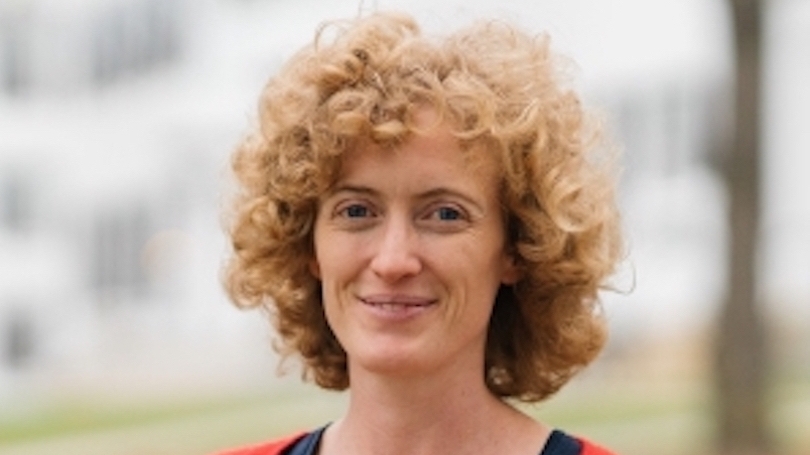
Menu
- Undergraduate
- Foreign Study
- Resources & Opportunities
- Alumni
- News & Events
- People
Back to Top Nav
Back to Top Nav
Back to Top Nav
Back to Top Nav
Back to Top Nav
Professors of Russian history and language are grappling with how to teach the subject matter — and how their methods inform students' views of the country's invasion of Ukraine — as the war between the two nations continues.
Many courses' focus on Russian president Vladimir Putin leads to the idea of a strong, unified imperial Russia, said Ainsley Morse, a Dartmouth College literature professor in the school's Russian Department — and that, she said, has contributed to today's conflict.
"The idea of a very strong Russia is one of the driving forces behind the war that is happening right now," said Morse, who has taught Soviet and post-Soviet Russian/Russophone literature at Dartmouth College, Pomona College and University of California San-Diego.
Rather than teach about him or the Soviet leader Joseph Stalin, Morse instead focuses her classes on "talking about what ordinary people's lives are" in Russia, she said last week. That might mean "talking about what individual writers and artists and other cultural figures are trying to do to make sense of often catastrophic events," she said.
Since Russia invaded Ukraine on Feb. 24, Morse said she and her colleagues at other colleges around the country and around the world have been discussing how Russian studies are being taught and what is missing.
For the full article: VTDigger